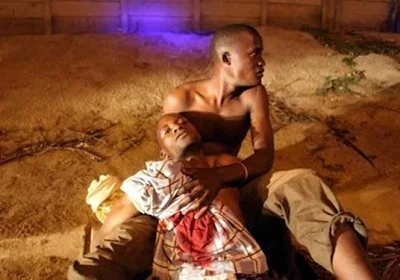There's a Deeper Level to this Conversation: As You Tear At Each Other About Who's Sponsoring the Gen Z Protests, or Even if They're Sponsored at All, Watch These Three Videos and Let Me Know What You Think...
The Legacy of Fear: How the Shadow of Jaramogi Oginga Odinga Shaped Kenya's Political Landscape In the annals of Kenya's political history, the events of 1969 stand out as a defining moment marked by fear, coercion, and manipulation. The political tension surrounding Jaramogi Oginga Odinga's candidature led to a series of oath-taking ceremonies in Gatundu that forever altered the fabric of Kenyan society. Understanding this historical context is crucial, especially when contemporary politicians attempt to invoke these dark chapters for political gain. The Fear of Jaramogi and the Birth of the Gatundu Oath The roots of the infamous Gatundu oath can be traced back to the fear and propaganda surrounding Jaramogi Oginga Odinga, the former vice-president and then-leader of the opposition. By 1969, the political landscape in Kenya was charged with tension. The assassination of Cabinet Minister Tom Mboya on 5th July 1969 had already set a volatile backdrop. Within this context, Pr...

















Comments